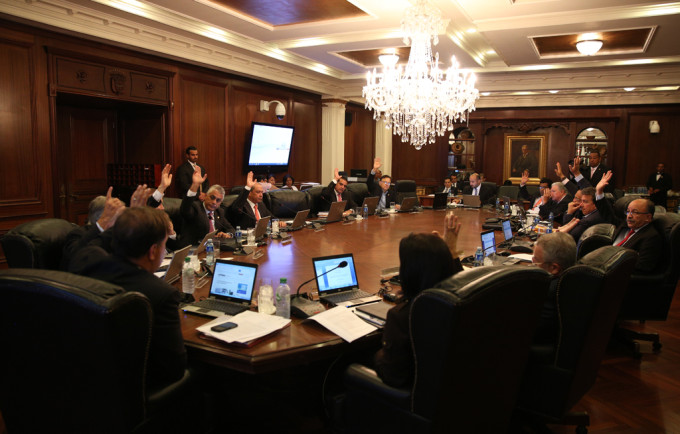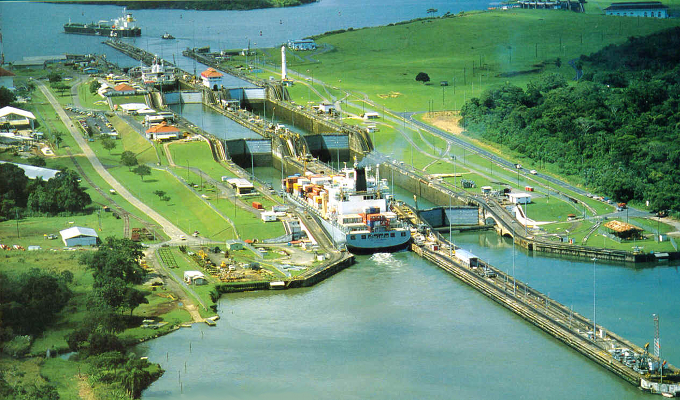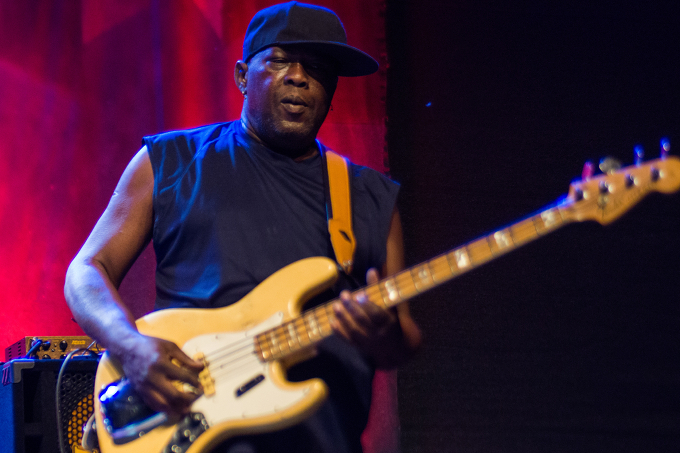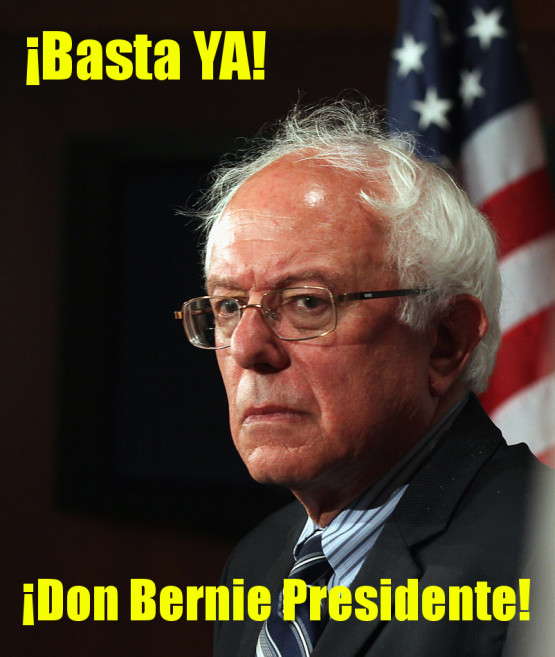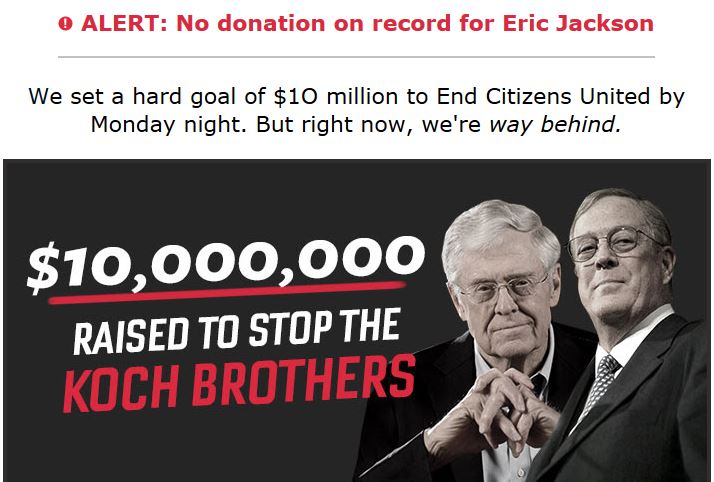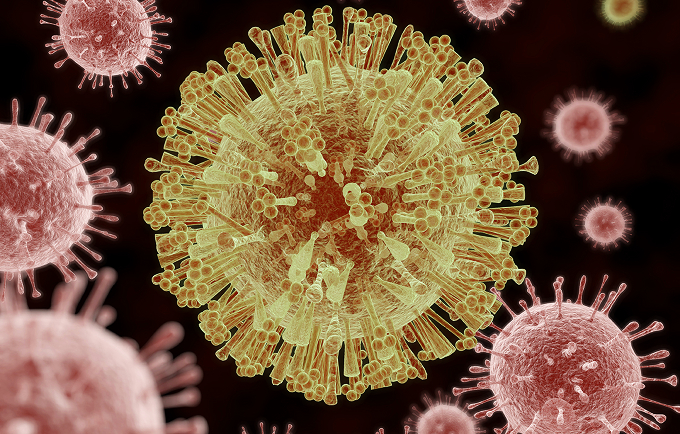
Comunicado al país frente a la emergencia del virus Zika
por la Sociedad Panameña de Salud Pública (SPSP)
Antecedentes
La OMS ha declarado una Emergencia de Salud Pública de Importancia Internacional (ESPII) en respuesta a conglomerados de casos de microcefalia y de síndrome de Guillain-Barré en Brasil, Polinesia Francesa, El Salvador, Venezuela, Colombia, y Suriname, que se han asociado temporalmente con la transmisión del virus del Zika.1 La comunidad científica internacional está intensamente dedicada a buscar evidencias sobre qué está causando el aumento inusual de casos de microcefalia y Síndrome de Guillain Barré y otros desórdenes neurológicos y cómo este aumento puede estar relacionado con los brotes de Zika,2 ya sea para confirmar o descartar el vínculo con el virus.
El Zika es una enfermedad causada por un virus, de la misma familia de los virus Dengue, que es transmitido por el mosquito Aedes aegypti. El virus Zika fue descrito por primera vez en 1952, aislado de un mono Rhesus en la floresta Zika de Uganda, recibiendo de allí su nombre. En 1954 el virus Zika fue aislado de un humano en Nigeria. Desde su descubrimiento hasta 2007, casos confirmados de Zika fueron raros y limitados al continente africano y al sudeste asiático. Del 2007 hasta el 12 de febrero del 2016 el virus Zika ha estado presente en 46 países y territorios. En 2015 y lo que va del 2016, el virus ha estado circulando en 26 países. Se estima que en Brasil han ocurrido 1.5 millones de casos de Zika, seguido de Colombia con 25,000 casos sospechosos y 1,331 casos confirmados y Cabo Verde con 7,000 casos sospechosos de Zika.
El Ministerio de Salud (MINSA) informó, según nota noticiosa,3 que los casos del virus Zika en el país aumentaron a 91 este viernes, 26 de febrero. En Guna Yala se concentran 81 casos, mientras que en sectores de la capital ya se reportan 10. Cinco de estos casos se registran en Tocumen, 1 en el área de Bella Vista, 1 en Las Cumbres, 1 en Paitilla, 1 en San Francisco y otro en Juan Díaz. Mientras persista en casi todo el territorio nacional elevados índices de infestación del vector, el mosquito Aedes aegypti, la transmisión masiva del virus Zika a casi todos los rincones del país es prácticamente inevitable.
Eliminación del mosquito que transmite el virus Zika
El mosquito Aedes aegypti transmite cuatro enfermedades virales:
(1) el Dengue,
(2) el virus Chikungunya,
(3) el virus de Fiebre Amarilla y
(4) el virus Zika.
El Aedes aegypti también es un vector potencial para el virus de la Encefalitis Equina Venezolana y del virus del Oeste del Nilo (West Nile virus).4 Por lo tanto, aún si el virus Zika no resultara ser el responsable de microcefalia u otra afección neurológica, hay razones de sobra para redoblar y multiplicar los esfuerzos nacionales para eliminar del territorio nacional el mosquito Aedes aegypti, tal como fue hecho entre 1971 y 1985.
Panamá ha cambiado mucho desde 1985. La población ha aumentado, hay mayor concentración de la población en las zonas urbanas, se ha generalizado la cultura de “usa y descarta”, donde son lanzados al medio ambiente cantidades masivas de productos plásticos, llantas, y muchos otros que se convierten fácilmente en criaderos de mosquitos Aedes. La crisis en la Autoridad Nacional de Aseo, con graves deficiencias en la recolección y disposición sanitaria de desechos sólidos, deberá ser atendida como un tema de emergencia nacional.
Para reducir a cero los índices de infestación del mosquito es clave eliminar los criaderos del mosquito Aedes aegypti. Dichos criaderos son cualquier recipiente donde se puede acumular agua, desde los más pequeños, como puede ser una tapa de botella, hasta los más grandes y obvios como, llantas y chatarras a la intemperie.
Nuestros paisajes están inundados de productos descartables plásticos, latas, botellas, juguetes, tetra pack, etc., etc., que se venden masivamente, sin responsabilidad empresarial alguna sobre medidas para descartar los envoltorios o envases de forma segura y sanitaria. ¿Qué queremos decir con esto?
Toda empresa que distribuya y venda productos con envases que pueden convertirse en criaderos de mosquitos, debería colocar en cada envase o paquete una clara ADVERTENCIA, indicando el RIESGO de convertirse en un reservorio del vector del DENGUE, CHICUNGUNYA, Zika y FIEBRE AMARILLA; acompañado de indicaciones para su recolección y descarte adecuado y sanitario. A parte de la ADVERTENCIA al consumidor, toda empresa con responsabilidad social debería sumarse a los esfuerzos gubernamentales y comunitarios, creando centros de acopio y unidades de recolección de envases y paquetes descartables de sus productos, además, apoyar campañas masivas en medios de comunicación, así como educación sanitaria en escuelas públicas y privadas.
Por otro lado, se debe aprovechar nuestra estructura político administrativa para educar a la comunidad y fortalecer la organización de esta, que permita acciones más efectivas contra el mosquito, casa por casa, calle por calle, barrio por barrio, corregimiento por corregimiento, distrito por distrito y cada una de las provincias. Con participación intersectorial coordinada y con presencia de la sociedad civil, clubes de padres de familia, Iglesias, etc.
La recientemente promulgada Ley de Emergencia por el virus Zika que, entre otras cosas, garantiza asignación presupuestaria, debe además constituirse en una herramienta para lograr la articulación efectiva todos los actores sociales, tanto públicos como privados, en un gran haz de voluntades y acciones que lleven a la “eliminación” del mosquito Aedes aegypti del territorio nacional.
Lo hicimos una vez. ¡Hagámoslo otra vez!
Notas:
1. # Maurice J. WHO reveals its shopping list for weapons against Zika. The Lancet 2016; 387: 733
2. # Heymann DL, Hodgson A, et al. Zika virus and microcephaly: why is this situation a PHEIC? The Lancet 2016; 387: 719-21
3. http://www.tvn-2.com/nacionales/Aumentan-casos-Zika-Panama_0_4424557545.html; acceso el 27 de febrero, 2016
4. http://ecdc.europa.eu/en/healthtopics/vectors/mosquitoes/Pages/aedes-aegypti.aspx; acceso el 21 de febrero, 2016.
http://www.who.int/mediacentre/factsheets/Zika/es/
~ ~ ~
Estos anuncios son interactivos. Toque en ellos para seguir a las páginas de web






